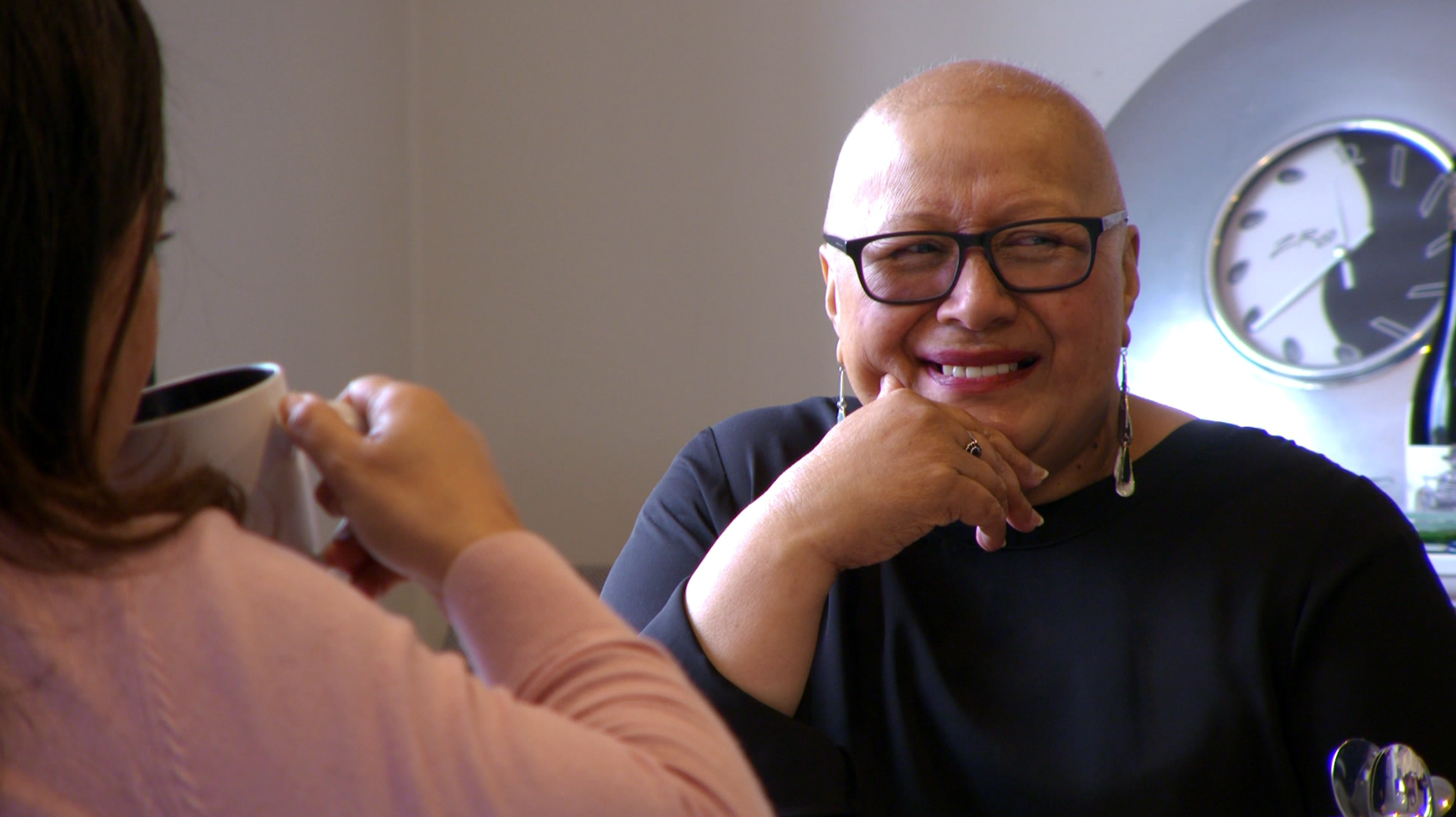As New Zealand continues to battle the current Covid community outbreak, many of those who were infected have recovered and have come through unscathed. But some have not and continue to show the effects of their ordeal. Soana Aholelei spoke with three Covid survivors, including one who was infected back in March 2020.
In 2020, in the early stages of the pandemic, Cook Islander Luke MacLean-McMahon was across the globe in London when he was struck down with Covid-19.
“Friday the 13th of March, it had been a really normal day. I was at work, and after work I caught up with a friend, went to the gym, had dinner and things,” Luke recalls.
“I went to bed feeling 100% healthy and woke that night; it was like somebody was standing over me and bashing me with a piece of wood or bat — just really intense body aches.
“I had never experienced that before. So that was a first kind of symptom that I felt,” says Luke.
Coming back from Australia, fashion designer Beau Takapu was in managed isolation when he and two of his cousins caught the Delta variant in August of this year. He was in Managed Isolation Quarantine (MIQ) at the Crown Plaza Hotel in Auckland.
Sitting in his lounge in Mt Eden, Beau says: “The 5th of August was day one, and day 12 we were told that we were positive.
“I found out because I was having abdominal pain on my left hand side. So I rang down to the nurse and I asked them should I just wait to go see the GP or if they wanted to come and have a look at me.
“Then they said to me, ‘Oh, didn’t they tell you?’ I said, ‘Tell me what?’ ‘You all three tested positive.’
“So we were that family of three in Crown Plaza who tested positive from a neighbour,” says Beau.
Also in August healthy, fit, young Tongan mum Ana Waalkens tested positive for Delta. She still doesn’t know how she caught it.
“They said it was the 21st of August, but that was the first day of symptoms,” says Ana.
“I had a really sore body, aching like walking through razorblades. Each day my body got sore, more painful; walking to the toilet from my bedroom felt hard.
“I had my daughter on the second day having to pull up my tights, and I thought something was wrong. So I went in and got a Covid test,” says Ana.
All three share similar experiences, but in Ana and Luke’s case, they had quite a severe reaction.
Luke recalls: “The fevers, the sore throat, the cough, struggling to breath. And back then you had to call up the UK health line and try speak to a nurse or a doctor.
“But of course I couldn’t get through. It was always so busy because thousands of people were falling sick, and I was really reluctant to go to hospital.”
Ana also remembers: “I mean, I couldn’t breathe, I couldn’t talk, could barely walk. I was admitted with pneumonia, and that afternoon I returned a positive Covid test.
“I had my first ‘code-red’ on the Saturday. A ‘code-red’ is, I think, when you’re almost going to die. It happened again that same night.”
“I thought my first night in ICU I was going to die, and all I could think about was the kids,” recalls the young mum.
Both Luke and Ana now experience what’s being called ‘Long Covid’, where sufferers continue to feel the impact of Covid long after they’ve officially recovered — in Luke’s case, over a year since he caught it.
“There’s blackouts, there’s heart palpitations and sharp chest pains. Chronic fatigue is a really hard one, so some days you just can’t get out of bed,” says Luke.
“I have gut issues, blurred vision and dizziness. Ongoing kind of vertigo, so every five or six weeks I have these episodes where everything is spinning.
“I start vomiting a lot, and that will last three or four days at a time. So it’s changed my life,” says Luke.
Ana says she suffers from similar symptoms: “I’m monitored by the clinic weekly for respiratory infectious diseases at Auckland hospital.
“I have lung function [tests]. I have blood tests. My lungs are actually looking ok; they are about 70-something percent — I was 90-something — and I’ve got liver damage.”
It’s not yet known how common ‘Long Covid’ is, and research is still being done to try to understand the virus and its long-term effects. What we do know is that breathlessness, fatigue and anxiety are among the most common symptoms and, if not treated, can lead to irreparable damage.
Dr Maryann Heather from Pacific GP Network says: “Some of the studies say if you’ve had mild symptoms or no symptoms at all, you can still have Long Covid even up to a couple of weeks, a month, even a year after.”
For survivors of Covid-19, their message is clear to the Pacific Island community.
“Get vaccinated. Do your part to keep us together and present so that we are able to do what we need to do as a community,” says Beau.
Ana agrees: “I’m so grateful. I’m so lucky to be here. I’ve dodged a bullet. That’s why it annoys me when you have people who don’t want to get vaccinated; they’ve got no idea.
“If you have the choice of living or death, which would you choose? You’d choose living. Get the vaccination. It’s so bad.”
“Pacific Islanders are vulnerable to Covid,” says Luke.
“So the best thing that we can do is to protect ourselves and get vaccinated.”











